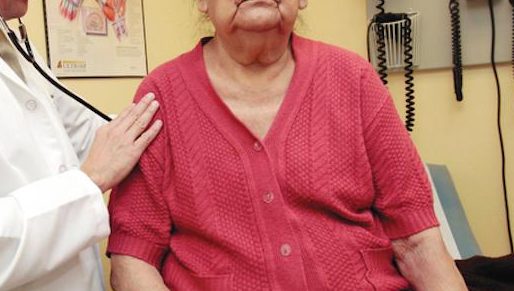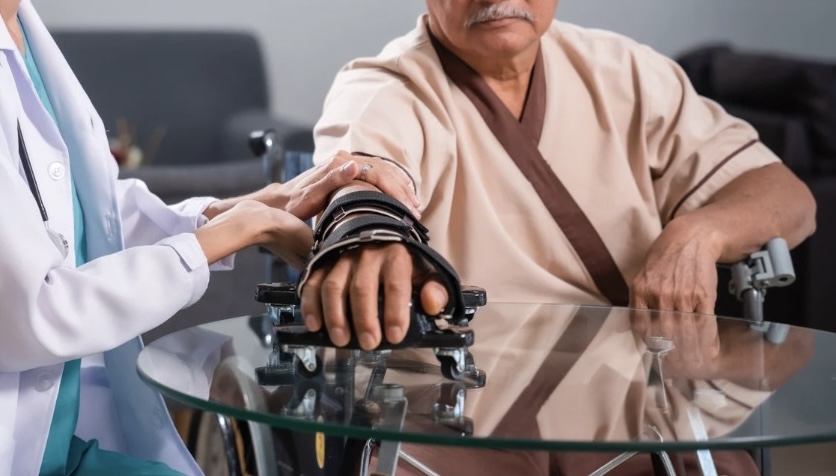New Hampshire placed first among the 50 states in the health status of adults, with the Black community as a whole healthier than Whites, according to Health Opportunity and Equity Initiative (HOPE).
Hispanics, however, did not do as well in most categories where race and ethnicity were scored.
Eva Castillo, Director of the New Hampshire Alliance for Immigrants and Refugees, says many factors contribute to the disparities that Hispanics experience in health care.
“It’s really frustrating,” Castillo told the NH Union Leader. “With discrimination, we can see and we can sense it.”
“Many Hispanics work at jobs with little or poor health coverage,” she said. “Some don’t think care received at the emergency room is worth the cost, so they avoid going. And depending on the doctor, treatment is different for people who speak with an accent.”
New Hampshire scored in the top five among each of five domains used to gauge health opportunity and equity: health outcomes, first; social and economic factors, fourth; community and safety factors, third; physical environment, second; access to health care, fifth.
HOPE reported that two-thirds of Black adults in New Hampshire — 67% — had very good or excellent health, compared to 59% of Whites and 56% of Hispanics.
The new study is concerning as New Hampshire has shown racial disparities during the COVID-19 crisis.
According to the state website COVID-19 dashboard, Blacks and Hispanics together comprise about 5% of the state population. While their COVID-19 infection and hospitalization rates (11% for both) are higher than their population, the percentage of deaths of Blacks and Hispanics match their percentage of the population as a whole.
One reason for COVID-19 rates being higher for New Hampshire communities of color are attributed to their higher percentage as essential workers in the service industry, making them more susceptible to exposure.




